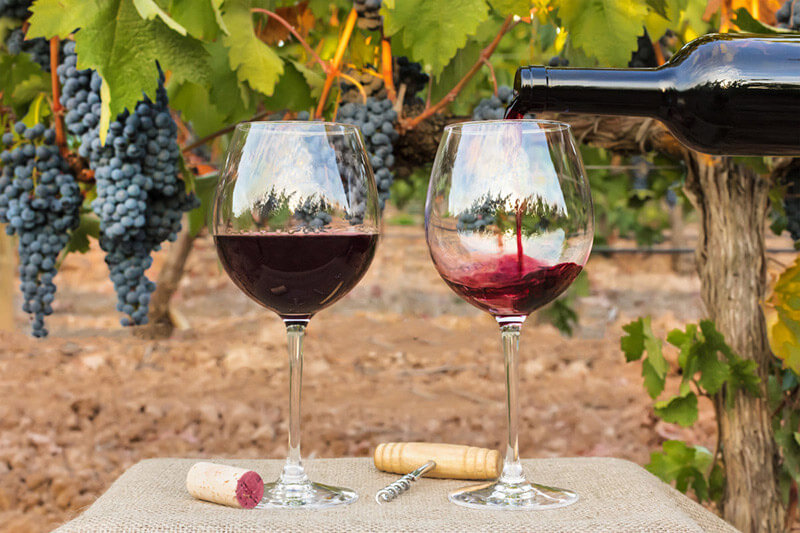The consumption of wine has been reported to continue growing over the recent years worldwide. Accompanied with the increasing market demand, the overall prices of wine increase as well. Accordingly, the phenomenon of adulteration has emerged on the wine market, attempting to gain exorbitant profits. In order to protect the benefit of consumers, it is important to ensure the authentication of wine products, and to accurately detect any type of adulterations in wines.

The most common types of wine adulteration include misdeclaration of grape quality, such as variety, origin, vintage, and so on. Wine adulteration may also refer to the addition of sweeteners (a process known as chaptalization), water, additives, or other chemicals. Adulteration of wine not only reduces the quality of wine products, but also may lead to serious health hazards. Lifeasible has years of experience in food testing. We offer a wide range of advanced analytical methods for a variety of wine adulteration issues.
Variety, provenance, and vintage are the most important attributes used for the characterization, quality rating, and pricing of wines. These characteristics can be reflected by their total composition of small molecules. Higher alcohols, esters, and volatile fatty acids are especially useful for investigating differences and similarities between grape varieties. The content of these compounds can be detected by Fourier transform mid-infrared (FTMIR), gas chromatography coupled to a flame-ionization detector (GC-FID), headspace solid phase microextraction gas chromatography mass spectrometry (HS-SPME-GC/MS), 1H nuclear magnetic resonance (NMR), and so on. Polyphenolic compounds and other trace element can be used for geographical classification of wines, and can be identified by chromatography techniques such as high-performance liquid chromatography coupled with diode array detection (HPLC-DAD), inductively coupled plasma mass spectrometry (ICP-MS), electrospray ionization liquid chromatography-hybrid quadrupole/time-of-flight mass spectrometry (ESI-LC-QTOF-MS), electronic noses, etc..
Other powerful tools for wine characterization are based on ratios of stable isotopes, including stable isotope ratio analysis (SIRA) and site-specific natural isotope fractionation-nuclear magnetic resonance (SNIF-NMR). For example, the most commonly applied method for vintage is 14C and 3H analysis.
Enhancement of wines is most often accomplished by adding sweeteners (e.g., sugar, glycerol, diethylene glycol, methanol, or others), water, and/or other additives to the wine. The addition of sweeteners like lead (II) acetate ("sugar of lead"), diethylene glycol, and methanol is harmful to human health. Methanol is especially detrimental to human bodies, as it can be converted into formic acid, the accumulation of which can cause circulation problems, liver damage, and may even cause nerve damage, permanent blindness, and kidney failure. The existence of methanol can be detected by nondestructive spectroscopy methods such as Raman spectroscopy and Fourier transform infrared (FTIR) spectroscopy. Besides, addition of sweeteners and water in counterfeited wines can be detected by measuring ratios of stable isotopes (13C/12C for sweeteners and 18O/16O for water). The additives, such as coloring agents and flavorings, can be added to endowing wine with desirable characteristics. The additives can be analyzed by methods described above, including chromatography, spectroscopy, mass spectrometry, nuclear magnetic resonance, stable isotope analysis techniques.
With full-fledged techniques and excellent experts, Lifeasible can provide you with tailored services for wine authentication with high sensitivity, short turn-around times, and competitive prices. In addition to wine, we can also analyze other alcoholic beverages including beers, whiskey, vodka, rum, tequila, and various other types of spirits. We can help you verify the authenticity of your products and strengthen your brand. Please feel free to contact us for further information.